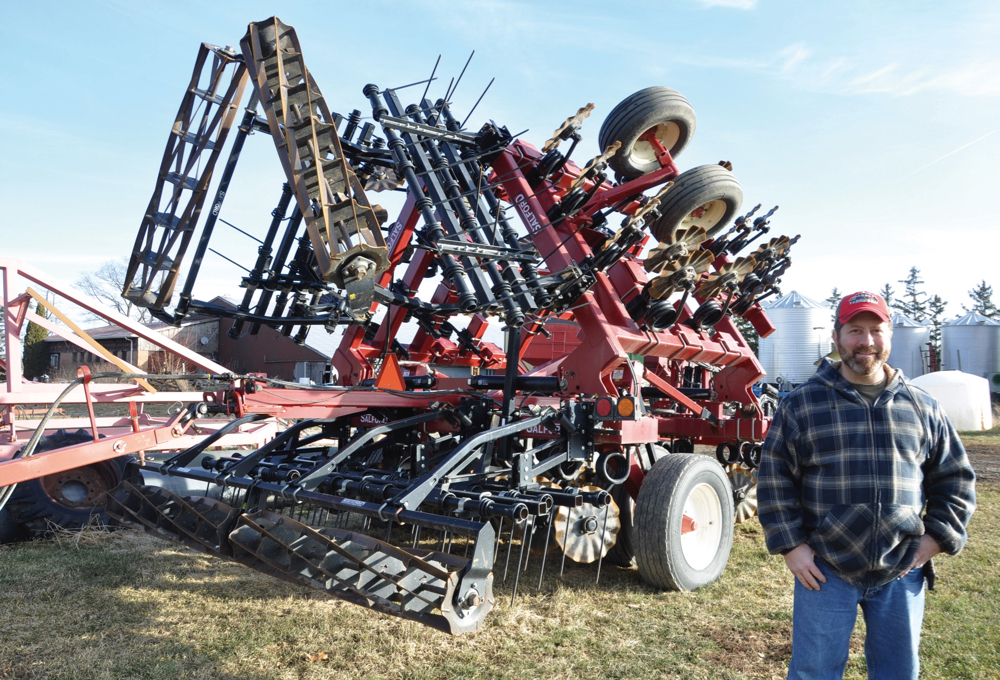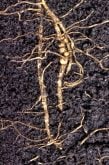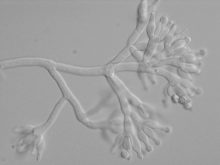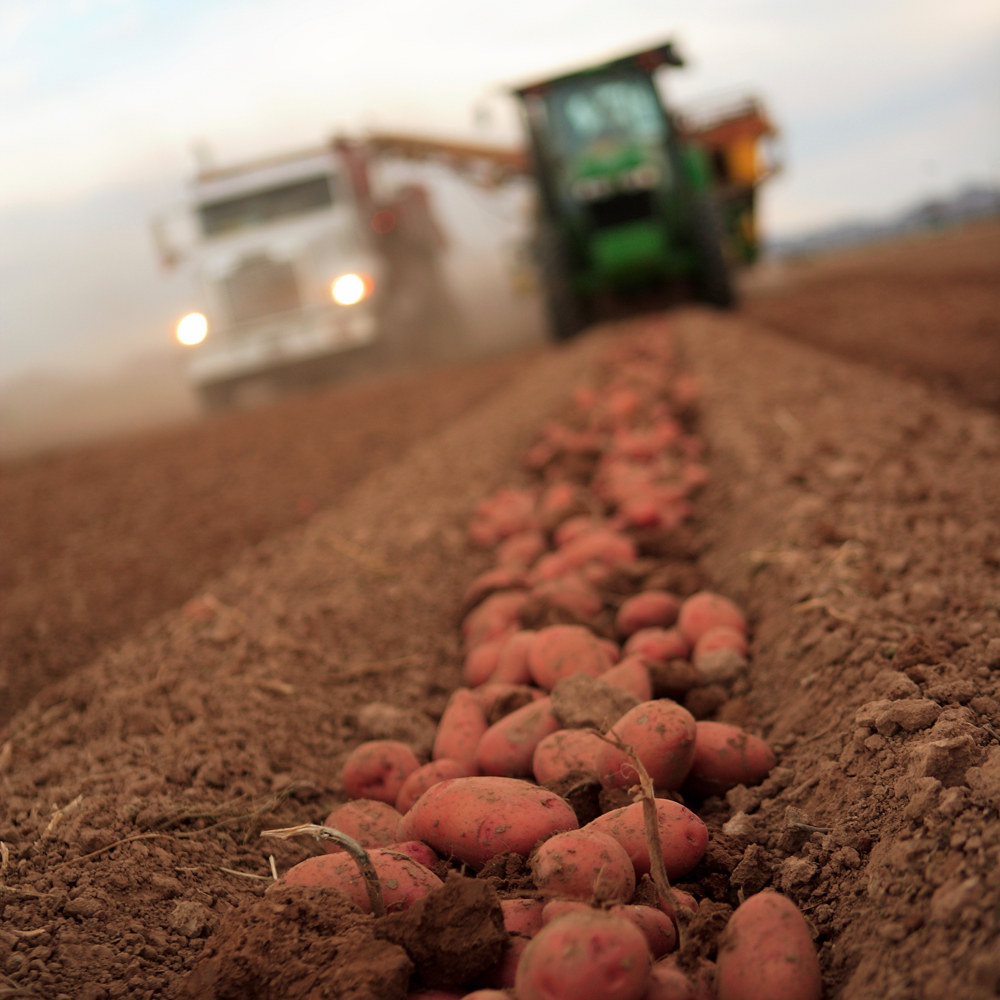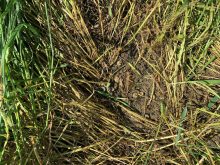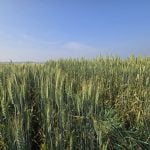The Essex Soil and Crop Improvement Association recently bestowed its 2018 Conservation Farm of the Year award to Maurice (Moe) Chauvin, a sixth-generation grain farmer from Pointe-aux-Roches (known as Stoney Point to Anglophones).
The award is granted annually to a farm within Essex County that displays conservation-minded management practices.
For Chauvin, adopting such practices starts with curiosity and recognizing the importance of learning farm with the long-term in mind.
Why it matters: A farm’s environmental and social well-being do not have to depend on major expenses or extreme farming measures.
Read Also
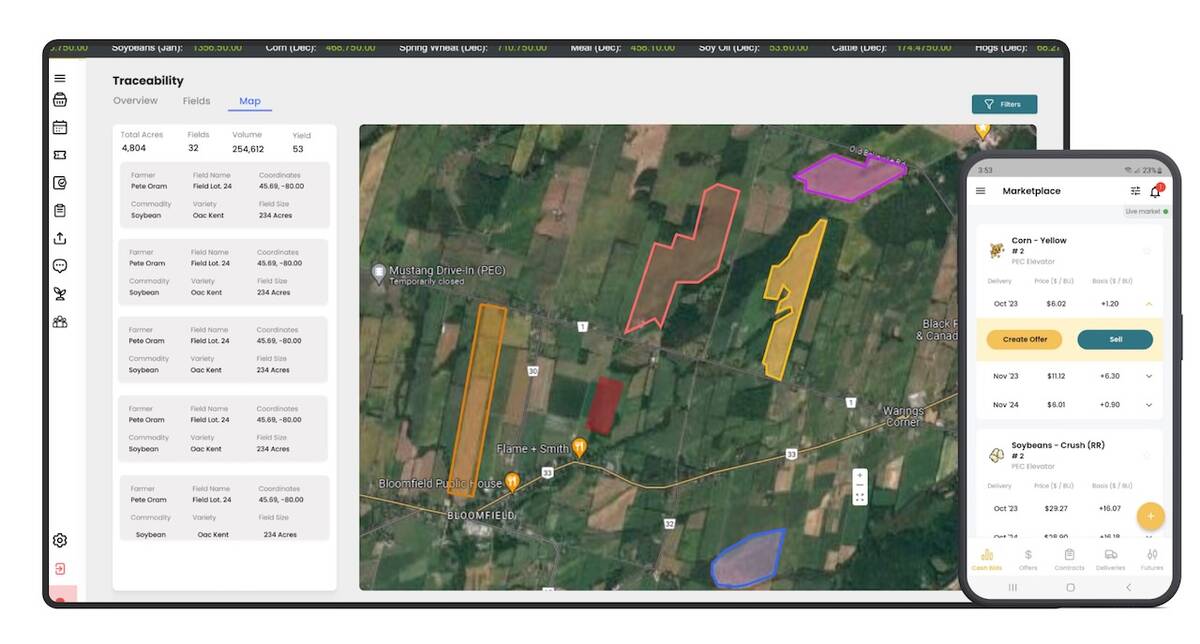
Ontario company Grain Discovery acquired by DTN
Grain Discovery, an Ontario comapny that creates software for the grain value chain, has been acquired by DTN.
Nutrient management
Chauvin, who farms with his father and oldest son, has adopted many different management techniques designed to foster better soil health. Indeed, he sees improving soil health as a critical factor in bettering long-term profitability, while insulating his farm from weather extremes, something made ever-more important given increasing climatic volatility.
His soil management strategy starts with GPS and nutrient mapping, technologies in which he consistently finds value.
After harvesting winter wheat, Chavin says he and his agronomist develop soil nutrient maps and application prescriptions for each harvested field. He then applies bio-pellets — fertilizer derived from water-treatment facilities — and other necessary nutrients using variable-rate techniques.
The fertilizer is then incorporated into the top two inches of soil using his Salford RTS, a vertical-tillage tool.
“It helps manage your residue… in a no-till system that’s the biggest challenge,” he says.
Improving SOM levels
Oats play an important cover crop role as well.
With its inability to overwinter and generally low planting cost — seed usually runs between $6 and $7 per acre — Chauvin says oats provides an added nutrient and soil organic matter (SOM) boost without hampering spring planting, even in a no-till system.
He also says it’s important to remember how the practices they employ will affect worms, microbes, and other soil dwellers.
“We look at SOM every few years… we’re slowly gaining,” he says.
Managing water and nutrients
Much of Chauvin’s land is drained using tile systems that feed into a larger tile main. That main is in turn equipped with water-flow regulating equipment. This, says Chauvin, allows them to better handle retention and how much water is discharged from the field. He also occasionally employs a laser-levelling system, in what he refers to as “land formation,” to minimize low spots and better control surface flow.
Combined with his efforts to build soil organic matter, Chauvin says the main goal is to reduce nutrient runoff, a problem of particular significance to farms and communities within the Lake Erie watershed.
Thinking socially and agronomically
In terms of future plans, Chauvin wants to combine nutrient and yield-mapping technologies to better refine his nutrient management strategy. That means overlaying maps to determine what other factors, if any, might be affecting the success of his approach.
Expanding his cover crop regime is another area of interest.
On a social level, Chauvin believes engaging the public is an important aspect of modern agriculture. To this end, he tries to contribute in his own way through Twitter and elsewhere online. This social mindfulness, he says, also extends into how he thinks about his farming practices, and specifically, how they can make a difference in addressing social concerns.
Chauvin calls the award their family legacy.
“I’m very fortunate to have such great support from my wife Cathy and to have my father as a mentor,” he said. “This award is a great honour to my family and the five generations before me that helped make our farm what it is today.”


